From heartbreaking accounts of discrimination to bold steps toward equality, these global narratives shine a light on the ongoing struggle for human rights and dignity
1
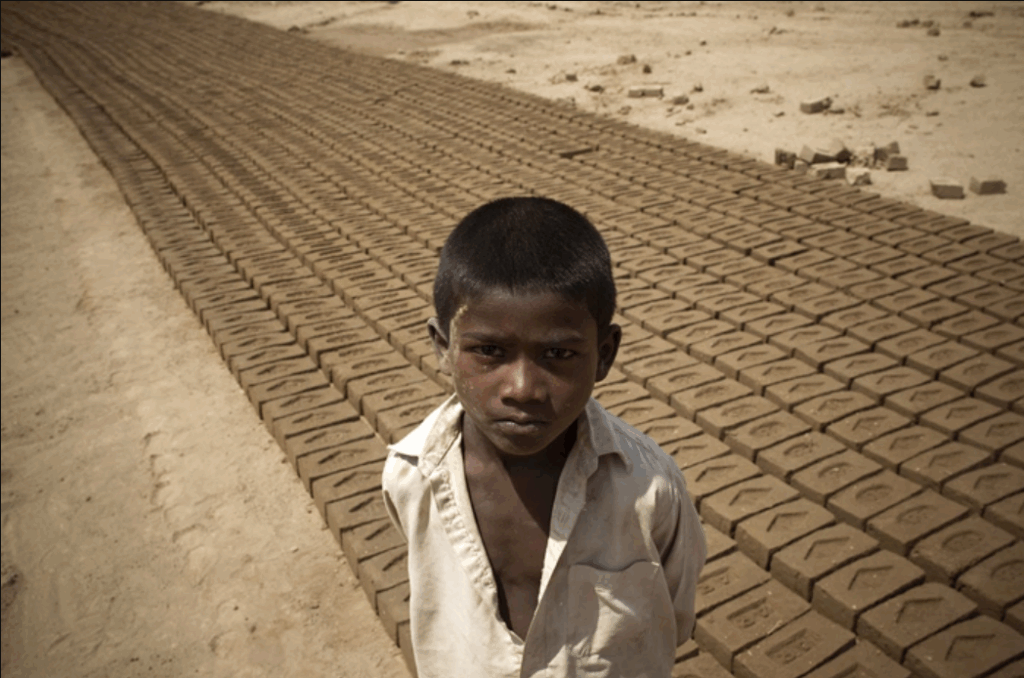
New report reveals forced conversions, child marriages, and systemic bias against Christian and Hindu youth
A new report by Pakistan’s National Commission on the Rights of the Child (NCRC) paints a stark picture of life for children from religious minority communities. The study documents widespread discrimination, forced conversions, child marriages, and bonded labor—particularly affecting Christian and Hindu children.
Between April 2023 and December 2024, the NCRC recorded 27 cases of abduction, murder, forced conversion, and underage marriage. Punjab province accounted for 40% of reported violence against minority children. Many victims, including 547 Christians and 32 Hindus, face stigma in schools, bias in curricula, and systemic exclusion from public life.
The NCRC urged stronger legal protections, inclusive education reforms, and action against child labor. “Every child, regardless of religion or background, deserves dignity, safety and a fair chance at life,” said NCRC Chair Ayesha Raza Farooq.
2
Jumilla becomes first municipality to restrict Islamic festivals, sparking fear and outrage
Authorities in Jumilla, a town in Spain’s Murcia region, have banned Muslims from using civic centers, gyms, and other public facilities to celebrate religious festivals such as Eid al-Fitr and Eid al-Adha. The measure, introduced by the conservative People’s Party (PP) and backed by the far-right Vox party, is the first of its kind in Spain.
Muslim leaders denounced the decision as discriminatory. “They’re not going after other religions, they’re going after ours,” said Mounir Benjelloun Andaloussi Azhari of the Spanish Federation of Islamic Organizations, who admitted feeling fear for the first time in 30 years.
Critics argue the ban violates Article 16 of Spain’s constitution, which guarantees freedom of religion. Local history only heightens the tension—Jumilla itself was an Arab-ruled town for centuries before its conquest in the 13th century.
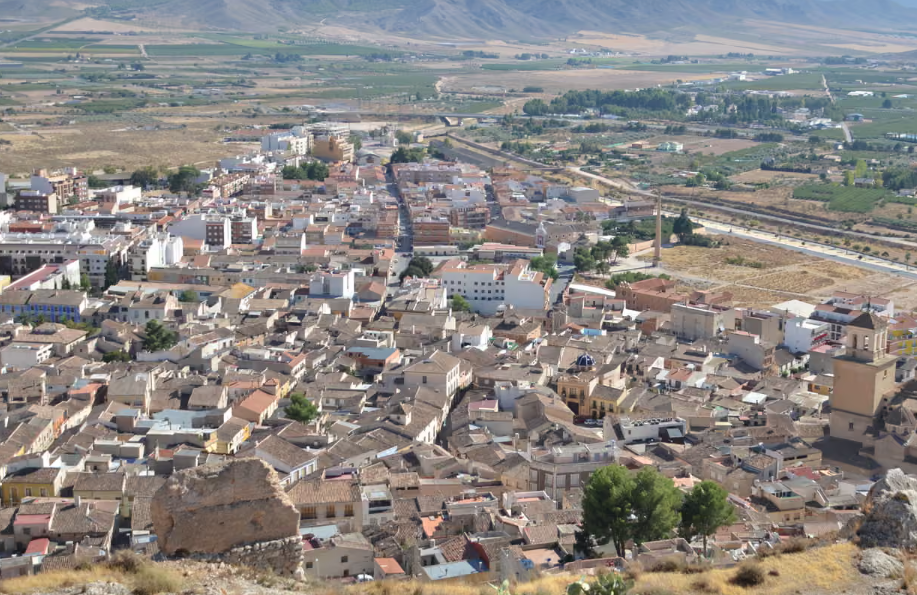
3
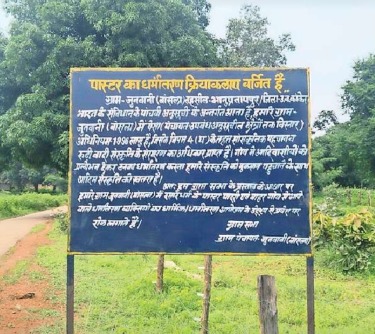
From arrests to village bans, Christians face worsening crisis
In Chhattisgarh, two tribal villages passed resolutions banning Christian pastors and priests, erecting signs declaring Christians ‘off-limits’. On August 5, hundreds joined a protest in Bhanupratappur, shutting down shops and presenting an 11-point memorandum demanding sweeping restrictions on Christian religious life.
The demonstration followed the arrest of two Catholic nuns, accused without evidence of trafficking after escorting tribal women to jobs. Days earlier, six pastors were beaten inside Durg jail after their worship service was attacked. State leaders have promised to further tighten anti-conversion laws, signaling more repression ahead.
Chhattisgarh has recorded 86 incidents against Christians in just the first half of 2025, making it one of the most dangerous states for Christians. Denied worship, burial, and even movement, Christian families face systemic violations of both dignity and constitutional rights.
@persecutionnews
4
Cars torched, threats spray-painted as violence against Jews escalates in the US
Police in Clayton, Missouri, are investigating a suspected hate crime after three vehicles were set on fire and antisemitic graffiti spray-painted across a residential street. The vandalism included ‘Death to the IDF and threats against a local Jewish resident who had previously served in Israel’s military.
Civil rights attorney Leo Terrell called the attack ‘outrageous’ while the ADL warned that antisemitic rhetoric is increasingly manifesting as real-world violence.
The FBI and St. Louis Regional Bomb and Arson Unit have joined the investigation. No one was injured, but Jewish leaders say the message is clear: hateful words are escalating into violent attacks, even in suburban America.
@AJCGlobal
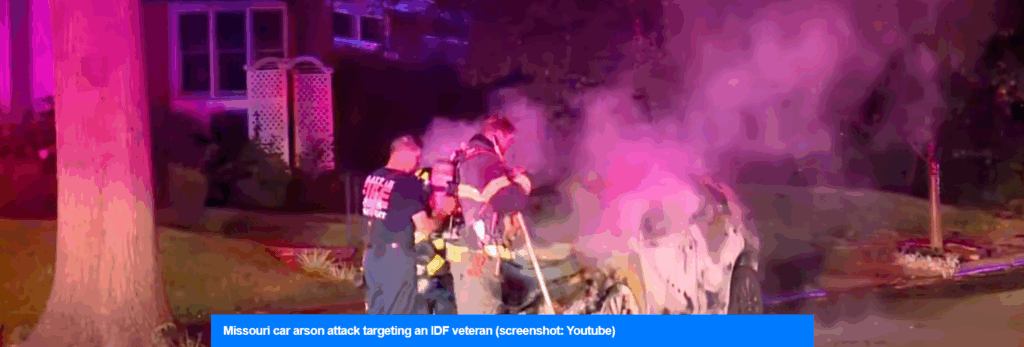
5
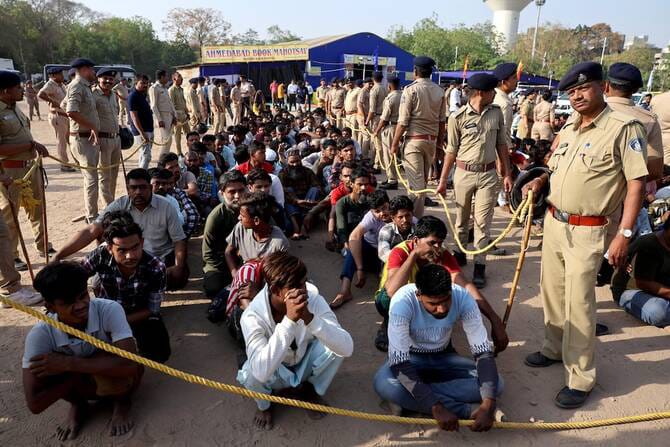
Mass deportations spark fear as citizens denied rights of identity and belonging
Bengali-speaking Muslims in Assam and other BJP-ruled states are living in fear after reports that more than 1,500 men, women, and children were expelled into Bangladesh between May 7 and June 15. According to Human Rights Watch, many of those forced across the border are Indian citizens with valid documents.
The expulsions followed an April terror attack in Kashmir, with state leaders linking Bengali Muslims to illegal immigration and infiltration. Families have been torn apart as citizens are rounded up, evicted, or branded foreigners based solely on their language and faith.
Human rights advocates warn the policy violates constitutional protections and international law, replacing due process with discrimination and fear.
@IAMCBengali
Good News
A 30-year struggle ends with equal rights for evangelicals and other faiths
In a landmark move, Argentina’s government has officially recognized non-Catholic religious organizations as “religious legal entities.” Signed by President Javier Milei, the new measure allows evangelical churches and other faith communities to register directly as churches, rather than as civil associations or foundations.
The decision comes after more than 30 years of advocacy by Argentina’s Christian Alliance of Evangelical Churches (ACIERA) and other groups. Now, registered churches will have greater autonomy, including the ability to sign their own accounting books and operate on equal footing with the Catholic Church.
“This is a victory for religious freedom, legal equality, and the strengthening of evangelical churches and other religious entities across the country,” ACIERA said.
@CatholicArena
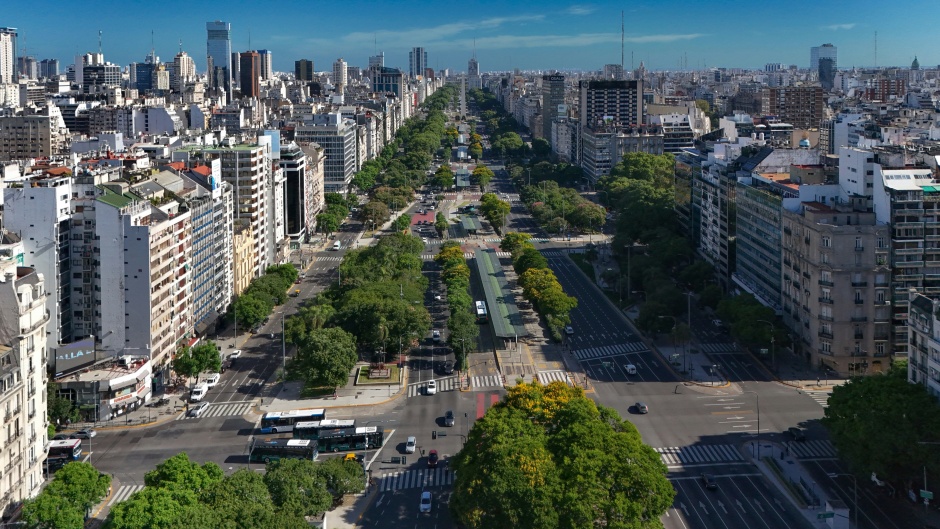
From the systemic struggles faced by minorities to the alarming rise of religious restrictions, we’ve seen it all. Yet, amidst these challenges, Argentina’s landmark recognition of non-Catholic churches reminds us that progress is possible when advocacy and justice prevail.
Follow @FirstFreedom
Share these stories
